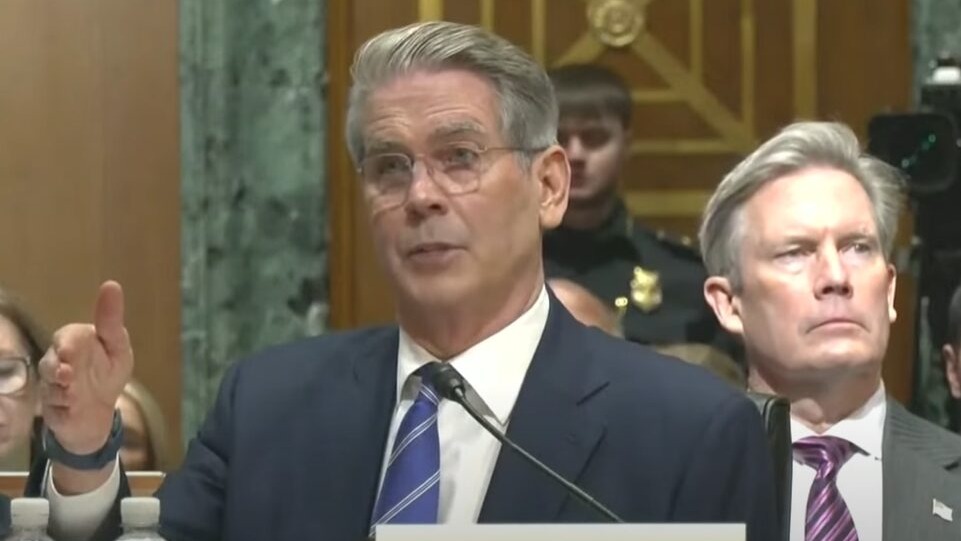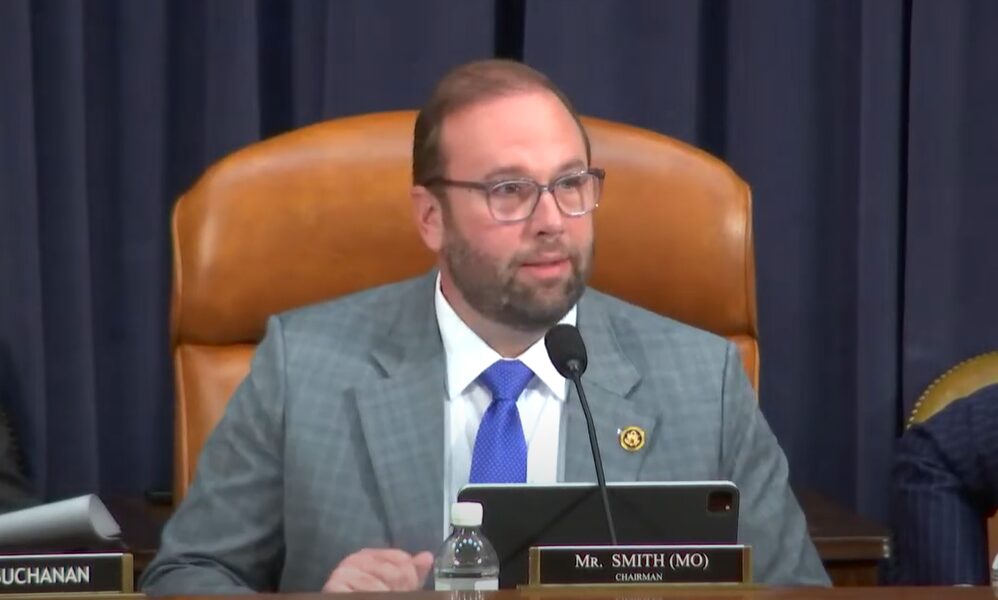
Tax and fiscal policy are now at the top of the GOP’s agenda after a stopgap spending bill passed last Friday, preventing a potential government shutdown. House and Senate GOP members have just a few weeks of session before the long Easter and Passover recess to make significant progress on a budget resolution.
Government Shutdown Averted
- Congress avoided a shutdown last Friday after ten Senate Democrats, including Minority Leader Chuck Schumer (D-NY), voted to advance the GOP’s stopgap spending bill. The six-month continuing resolution funds the federal government through September. (NBC News, March 14)
- Schumer rallied enough Democrats in the Senate to approve the measure in a key procedural vote. Responding to outspoken disagreement within his party about voting for the GOP’s spending bill, Schumer said, “I knew it was a difficult choice, and I knew I’d get a lot of criticism for my choice, but I felt as a leader I had to do it.” (ABC News, March 18)
Tax Policy Update

- With the risk of a shutdown now in the rearview mirror, House and Senate GOP leaders are focusing their attention on a reconciliation package that would advance their tax priorities, including extending key provisions of the 2017 Tax Cuts and Jobs Act (TCJA). (NYT, March 21)
- The House passed its version of the budget resolution last month, but the bill has seen little movement in the Senate due to divisions within the GOP over budget constraints and offsets.
- Congressional Republicans want to make the TCJA tax cuts permanent, which will be challenging under the House budget resolution’s current $4.5 trillion tax cut ceiling.
- President Trump, Senate GOP leadership and House Speaker Mike Johnson (R-LA) support using a “current policy baseline” approach, a budget scoring method that would allow Congress to extend the TCJA tax cuts without adding to the deficit on paper and give them more room to include the administration’s other tax priorities. (Politico, March 13)
- Senate Budget Committee Republicans are planning to hold meetings with the Senate parliamentarian’s office to determine if this approach complies with reconciliation rules. GOP lawmakers need guidance by early April to move forward with large parts of the budget resolution. (Punchbowl News, March 18)
- The challenge of balancing tax relief with deficit concerns has fueled high-level discussions between Speaker Mike Johnson (R-LA) and Senate Majority Leader John Thune (R-SD). Thune acknowledged the difficulty of the process, saying, “Both of us understand we’ve got to get this done. And we’re trying to figure out the best way to do that.” (Punchbowl News, March 19)
Key Tax Provisions At Stake

- While GOP leaders seek guidance on the “current policy baseline” approach, House Ways and Means Committee and Senate Finance Republicans are continuing to debate key tax provisions of the bill.
- Senate Finance Chair Mike Crapo (R-ID) mentioned during an appearance at the U.S. Chamber of Commerce that there are over 200 proposals under consideration—including reducing the estate tax, expanding the Opportunity Zone program and enhancing the Low-Income Housing Tax Credit (LIHTC). (PoliticoPro, March 12)
- Expanding Opportunity Zones and the LIHTC would help expand the supply of affordable housing and address the U.S. housing crisis. (Roundtable Weekly, March 17)
- To offset the cost of the large number of tax proposals under consideration, Republicans are considering the repeal of Inflation Reduction Act (IRA) energy tax credits. IRA programs have come under increasing scrutiny by the Trump administration as it looks to roll back Biden-era energy policies.
- However, a new report warns that eliminating these credits could result in nearly 790,000 job losses and increase consumer energy costs by $6 billion annually by 2030. In light of these concerns, 21 House Republicans have advocated for preserving the energy tax credits—pointing out that they are critical to help the U.S. meet Trump’s goal of becoming “energy dominant.” (PoliticoPro, March 20; Politico, March 10)
- Other lawmakers have raised potential restrictions on the deductibility of state and local business property taxes, also known as “business SALT,” as a revenue offset for the tax bill. This tax change would have devastating consequences on the commercial real estate industry and the broader economy. (Letter, March 7 | Roundtable Weekly, March 17 | (BisNow, March 14)
- RER has urged members to contact their representatives to oppose restrictions on business SALT that would discourage new investment and undermine housing affordability nationwide.
GSA’s Plans for Federal Leases

- In other news this week, the General Services Administration (GSA)—under directions from the Elon Musk-led Department of Government Efficiency (DOGE)—will begin to vacate nearly 800 offices across the country this summer. (AP, March 14)
- The news has generated great uncertainty for federal agencies using these offices and building owners who lease to the government. The Associated Press released a full list of office locations it found would be affected by the planned lease terminations. (AP, March 14)
Looking Ahead
- With Congress racing to cut through key process hurdles before the April 13 recess, GOP leaders are hoping the concurrent budget resolution will start to finally take shape—though tough decisions remain ahead.
RER will continue to engage policymakers on important tax priorities for the real estate industry and analyze the implications of the GSA’s federal lease plans on commercial real estate across the country.
























